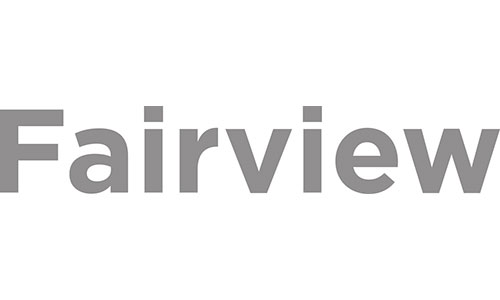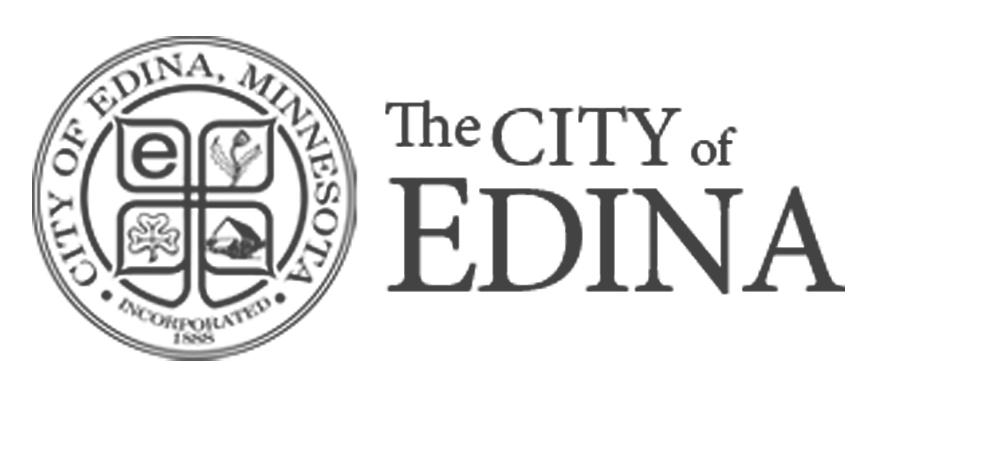There are a lot of different terms and concepts to become familiar with when you’re a website owner or publisher trying to improve your search engine ranking. In this article, we will be discussing one of the important metrics in improving how your content ranks in search engine results – Domain Authority.
What is Domain Authority?
Domain Authority (or DA) is a ranking score created by Moz that tries to quantify how well a site will rank in search engine results. The score can range from one to 100, with higher scores signifying the potential for a higher rank. The Domain Authority of your site is calculated as a single score based on a number of different factors and can give you a general idea of how your site will rank compared to other sites in Google search result pages (SERP). For more detailed information about the factors that go into measuring your Domain Authority, visit https://moz.com/learn/seo/domain-authority.
What Can I Do?
Since there are so many different factors that go into determining your Domain Authority score, it can be difficult to directly influence your score. In general terms, the best way to improve your Domain Authority is to follow best practices in optimizing your site for search engines.
Although you may not be able to influence the score directly, there are some things you can do to improve your site’s Domain Authority. Here are five tips to get you started:
1: Create quality content
We have said it before in other articles, but one of the best things you can do to gain in Domain Authority is to provide great content. You need to develop a strategy for generating content on your site. Plan content that will benefit your visitors and potential customers. Provide visual content that appeals to users and keeps their interest. Make sure you are publishing engaging content frequently (or, if not frequently, at least regularly). Don’t pack your content with keywords just for the sake of improving search engine results, but create content that is valuable to the type of customer you are trying to attract. It sounds basic, but make sure you check for grammar and spelling errors before you publish. Providing quality content can go a long way toward making you an authority in your industry.
2: Technical SEO
This is a topic I could go on and on about, but it’s not necessarily the most exciting part of maintaining a site. It is vital, though. Once you’ve created great content, there are things you need to do so that content can be found in search engines. Make sure the information on your site is structured well and loads quickly. Ensure that users and search engines can navigate your site easily, and that your site is mobile friendly. Use important keywords within your content and make sure to tag the page with keywords and an accurate description. All of this work may not be exciting, but what good is great content if potential customers can’t find it?
3: Be Social
4: Build quality links
This is probably one of the largest tasks involved in gaining Domain Authority, and happens to be the most difficult. The previous tips have given you a solid foundation to build on. The first (and most readily available) part of building links is to build internal links. When you are creating content on your and site and there is existing information related to what you are creating, link to it! If you add new content and there are older articles that may benefit from the new information, go back and edit those articles to add links to the new content. Not only do internal links allow users to find your content, but they also make it easier for search engines to index your content.
The second aspect of linking is to generate quality external links to your site. This is admittedly the most difficult, but is vital to establishing Domain Authority. Note that I emphasized the word “quality” there. There are services out there that guarantee backlinks to your site in minutes. However, these are low-quality links and often use methods that could get your site penalized by search engines or lose your ranking completely. Once again, content is key. If you have provided quality content on your site, external links will develop organically. Users will share the information you have provided, you’ll gain more users and gradually become known as an authority.
Finally, you need to monitor the links that have been established and periodically clean up bad or toxic links. Bad links will have a negative impact on your score, so you need to monitor your link profile and periodically do some housekeeping. This can be a challenging task, but there are tools available that will help you out. Here are a couple of sample tools to make this task a little easier:
- Open Site Explorer by Moz: a backlink analysis tool
- Google Disavow Links Tool: a tool within Google’s Webmaster Tools that allows you to ask Google to not take low-quality links into account when assessing your site.
5: Be Patient
Building Domain Authority takes time. Changes you make to the areas above will improve your score, but it won’t happen immediately. This is a marathon, not a sprint. As your site ages and its popularity grows because of all your hard work, so will your Domain Authority score. You’re in this for the long haul. This is also something to consider if you are making any changes to your domain name. You may want to switch to a new, fresh domain name, but you will potentially be losing any authority that was associated with your old domain. If you must do this, make sure old links still work and direct users to the new domain.
Check It Out
Now that you know what it is and what you can do to start improving your score, how do keep track of your Domain Authority? There are a number of different tools available that will allow you to check your DA score. Here are a few tools provided by Moz that can get you started:
- MozBar (a free Chrome extension)
- Open Site Explorer (a backlink analysis tool)
- Keyword Explorer (in the SERP Analysis section)
{{cta(‘5d92e304-794b-4f4f-bdeb-8979006a3a88’)}}



